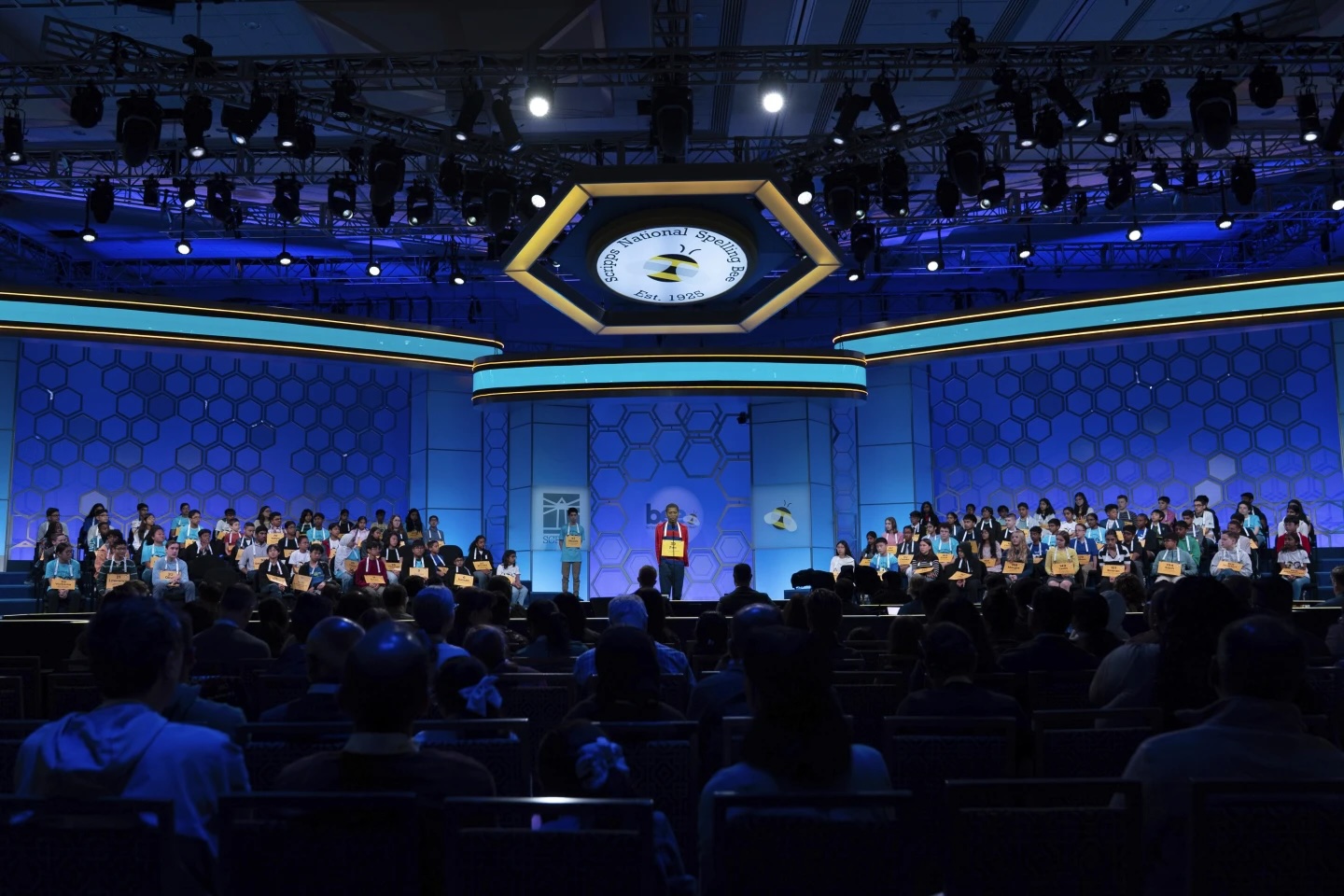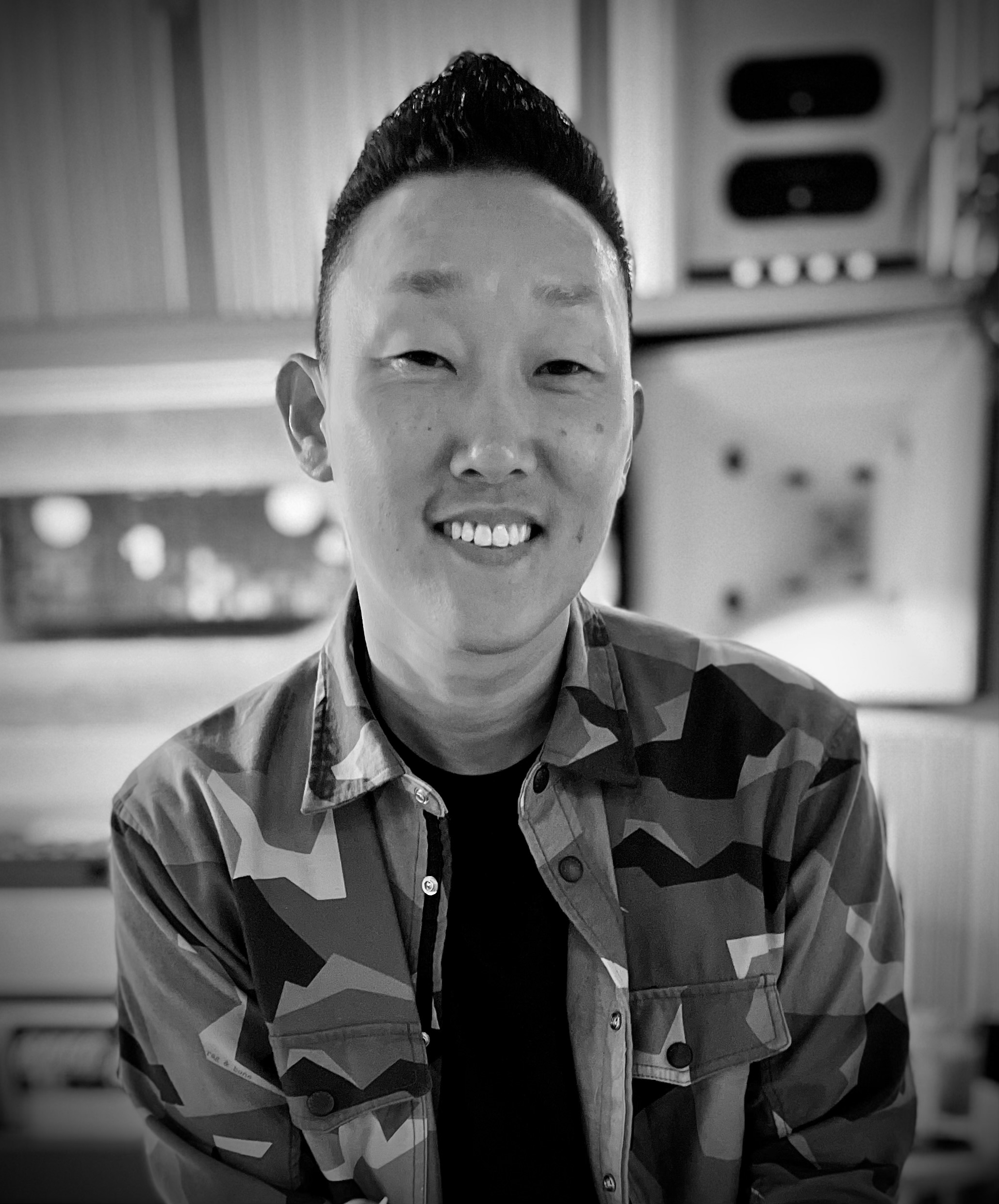Build a Process, Part 1
Jun 17, 2025A couple of weeks ago I watched the Scripps National Spelling Bee and it conjured up so many memories of my childhood.
This year’s winner was a 13 year old child of immigrant parents from India. He is also from Dallas, just like me.
Back in the day I was very serious about the spelling bee. Since 5th grade for four straight years I made the district competition. Two of those years I won district and made it to regionals, which is one step away from going to the Scripps Nationals.
The crazy thing about spelling bees is you can only be wrong once. If you misspell a word, it’s over. (This is technically true unless you reach the finals and everyone else spells their word incorrectly). The point is, there is no margin for error. The pressure to not screw up is extremely high.
The regional competition takes place in a high school auditorium with hundreds of contestants and the room is packed. Being on a stage and staring at all of those people as a 12 year old was a very intimidating experience.

Image credit: AP Photo
I remember vividly how it felt to lose my nerves in front of that crowd. I froze. My brain literally shut down. I made it farther than I ever had previously and as I started to think about going to DC for nationals and being on TV I lost focus. The judge gave me a word to spell but I didn’t recognize it and freaked out.
If you watch spelling bees you will generally see a redundant process:
- The judge announces the word, the contestant asks them to repeat the word.
- The judge repeats the word, the contestant asks for a definition, origin, or in a sentence.
- The judge provides a definition, language of origin, and uses it in a sentence.
- The contestant asks them to repeat the word again, and to provide all of that information again.
- The judge provides all of the information and repeats the word.
- The contestant says the word, spells the word, and repeats the word again.
Even if you know how to spell the word out of the gate, it is important to commit to the process of getting as much information as possible. Some kids are too impatient to go through all of the steps. Including, ironically, this year’s champion on his winning word. But, if you watch the events leading up to that moment, you’ll see he actually loses his first shot at the trophy on a word he knows how to spell, all because he rushes.
The best contestants stay committed. They take their time, go through all the back and forth, then spell the word correctly. This buys time because panic can easily take over under such pressure.
I misspelled my word because I abandoned this process. I asked for a definition but rather than listen to the judge my brain turned off. I was sweating like crazy, I could feel my face turning pale, my heart pounded through my chest. I didn’t ask for any more information, which could have given me time to calm down. Instead I rushed the spelling so I could get the hell off the stage and not further embarrass myself.
This was a very early learning that I will never forget - the purpose of creating and committing to a process in order to ensure that all the hard work will pay off. No one taught me this concept, I had to live through it and learn from it. All thanks to the spelling bee.
Next week I’ll dig deeper on building my process and how I use it for my art and my business.
I’d love to hear from you as well. How do you rely on processes to get the most out of your work?

